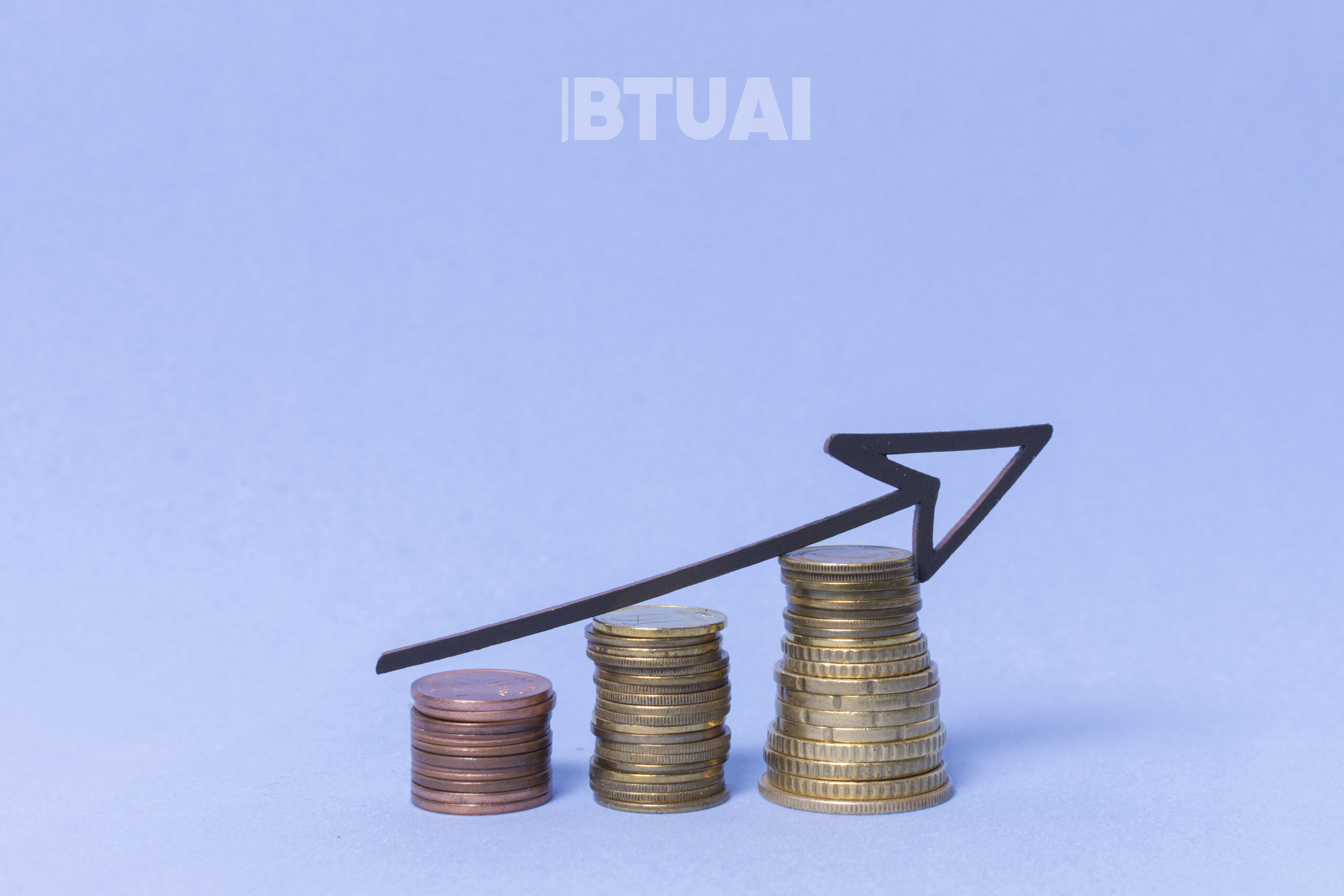Main economic outcomes of 2023 – Sustained growth and resilience
Georgia’s National Statistics Office, “Geostat,” has released updated data on the country’s economic indicators for 2023. According to revised

Georgia’s National Statistics Office, “Geostat,” has released updated data on the country’s economic indicators for 2023. According to revised figures, Georgia’s Gross Domestic Product (GDP) in current prices reached 80.882 billion GEL, exceeding the previous year’s figure by 11%. This demonstrates significant economic growth for the country. Furthermore, real GDP growth—excluding the effects of inflation and reflecting the actual growth of the economy—was 7.8% in 2023. This indicates that the economy is expanding actively and sustainably, providing a positive outlook for the years ahead.
These figures reveal that despite global economic challenges and the influence of various external factors, Georgia has managed to maintain a steady growth rate. Such growth fosters increased employment, stimulates consumer demand, and contributes to the overall well-being of the population. This process creates a stable economic environment in which citizens can more tangibly feel the benefits of economic growth.
Understanding which sectors contribute most significantly to GDP is crucial for studying economic growth. In 2023, the largest share of GDP in Georgia came from wholesale and retail trade, including motor vehicle and motorcycle repair, which accounted for 16%. This indicates that trade and service sectors remain key drivers of the country’s economy. The second-largest contributor was real estate activities (10.6%), reflecting continued high demand for residential and commercial properties.
Other important sectors included manufacturing (9.6%), construction (7.6%), and agriculture, forestry, and fishing (6.9%). These sectors form a critical foundation for the country’s economic structure, showcasing Georgia’s sustainable economic development. Manufacturing, in particular, plays a vital role in driving production and export growth, enhancing the country’s global competitiveness.
Certain sectors contributed significantly to the economic growth of 2023. For example, wholesale and retail trade grew by 17.8%, indicating high consumer demand and robust economic activity. This sector, encompassing consumer goods trade, continuously strengthens the economy and adds value to the population’s welfare.
The information and communication sector saw a remarkable growth of 27.5%, underscoring Georgia’s rapid technological advancement and digital transformation. This growth reflects the increasing role of technology and digital services in the economy, offering significant benefits for the country’s future development. Such growth also boosts job creation and enhances the potential for innovation.
The construction sector grew by 15%, signaling active development of new projects and infrastructure. This includes residential buildings, roads, bridges, and commercial spaces, which not only directly impact GDP but also improve the overall infrastructure, supporting the growth of other economic sectors.
Public administration and education also recorded significant growth rates of 15.6% and 18%, respectively, highlighting government activity and improvements in education quality. Growth in the education sector is particularly critical as it ensures a more skilled workforce, which is essential for future economic growth.
However, some sectors experienced declines, pointing to uneven economic development and persistent challenges in certain areas. Agriculture, forestry, and fishing saw a 3.4% decline, reflecting ongoing financial, climatic, and technological challenges in the agrarian sector. Addressing these issues will require investments in new technologies and financial resources to make agriculture more productive and sustainable.
Mining and quarrying declined by 19.6%, indicating reduced efficiency or demand for natural resources. This could be driven by lower international market demand or local economic conditions. Real estate activities also fell by 2%, suggesting decreased demand for properties due to rising inflation and higher loan interest rates, which reduce demand for both commercial and residential properties.
The GDP deflator, which changed by 2.9%, highlights the impact of inflation on the economy. The deflator is an indicator that shows overall price changes and aids in shaping economic policies to reduce inflation’s effects. Inflation remains a major economic challenge, reducing purchasing power and worsening living standards. Therefore, controlling inflation is vital for the country’s economic stability.
The economic data for 2023 show that Georgia’s economy is developing actively, particularly in the technology and communications sectors. This growth indicates a focus on modern and innovative development directions. Nevertheless, challenges persist in traditional sectors such as agriculture and mining, highlighting the need for additional support. Promoting innovative technologies, developing traditional sectors, and implementing new infrastructure projects should be central goals for the country’s economic strategy.
Furthermore, growth in the technology and education sectors demonstrates that Georgia has the potential to develop as an innovative economy, ensuring not only sustained economic growth but also sustainable development. Economic progress should be diverse, with all sectors becoming competitive and resilient, ultimately creating a strong economic foundation for the future.




